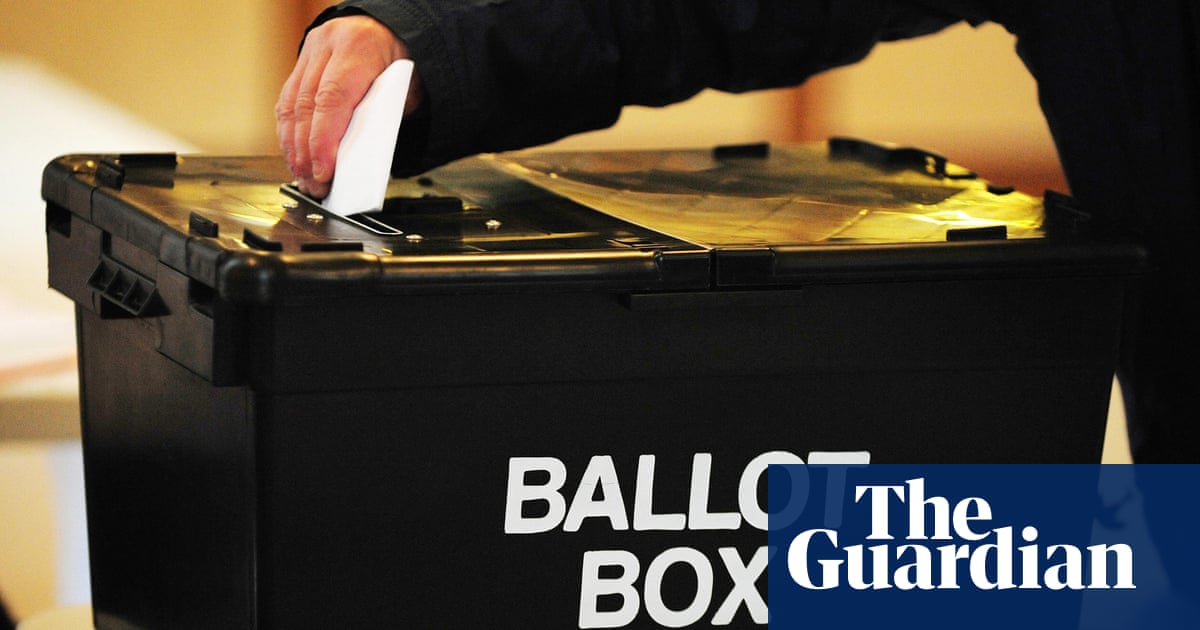Ten years ago, marketing executives at Britain’s biggest supermarket had a brainwave: might slashing the price of basic vegetables tempt shoppers to do their Christmas shop with them?
Tesco, under chief executive Dave Lewis, was trying to revive a business reeling after falling sales, five profit warnings and an accounting scandal. That promotion in December 2014, dubbed its Festive Five, offered bags of carrots, potatoes, brussels sprouts, parsnips and a cauliflower for 49p each.
It was to spark a vegetable price war that endures to this day. Tesco returned a year later with a cheaper 39p promotion, while the German discounter Aldi went further with its 19p a bag Super Six offer.
And while consumers have benefited from the discounts, questions are increasingly being asked about the toll those prices have taken on Britain’s farmers, and whether it has warped shoppers’ perceptions about the fair cost of growing vegetables.
Farmers, who have been up in arms since they were told in the budget that they must pay inheritance tax, have long complained about the imbalance of power in negotiations with the big grocers.
Despite a surge in the cost of growing vegetables in recent years, the seasonal frenzy is expected to begin imminently, ahead of the final week of mega discounts. Retailers are likely to cut the price of vegetables, such as carrots, potatoes and parsnips, to between 30p and 40p a bag from about 69p.
The discounted vegetables, which are a loss-leader for the supermarkets, have now drawn in every supermarket, even upmarket chains Waitrose and Marks & Spencer, which all cut the price of Christmas Day basics by at least half at their busiest time of year.
Last year, Lidl boasted that it sold 1,600 tonnes of British carrots at 15p a pack in the week before Christmas as part of its festive Pick of the Week promotion.
Jack Ward, the chief executive of the British Growers Association, said: “Is that really a cause for celebration? We are giving people a false impression of what’s involved in improving food.
“People ask ‘if I can buy it for 15p at Christmas why is it 65p the rest of the year?’ It completely devalues what are superfoods compared to a lot of other things consumed in Christmas week.
“There’s no denying that consumers like this kind of deep discounting but they have got to understand it comes at a cost.”
While Ward admits that retailers take the profit hit on discounting the vegetables over the festive season, he says the growers will ultimately pay in lower prices throughout the year.
“Let’s not delude ourselves, the [cost of the] promotions are factored in somewhere along the way over the 12 months.”
The deep discounts come as the cost of producing homegrown vegetables has been pushed up with growers “already under the cosh” according to the National Farmers’ Union (NFU). Workforce availability, extreme weather and rising employment costs – compounded by recent national insurance and minimum wage increases – have taken their toll on the sector.
A spokesperson for the NFU said: “While promotional activity can have positive impacts for growers to help drive sales volumes and attract new shoppers, growers have long held concerns about the impact heavy discounting can have on consumer expectations about the real value of British produce. Growers must also be reassured that this pricing strategy is not funded by unsustainable farmgate prices.”
Ryan McDonnell, the chief executive of Lidl’s UK arm, told the Guardian: “It is not our intention to go out and devalue product and drag prices down.
“The market gets very competitive at this time of year. We have to retain the position of offering market leading prices. We compete, not instigate.”
He said Lidl worked on long-term agreements with producers and growers and so guaranteed a price for the vegetables.
“Whether the market conditions get very competitive and we follow, it doesn’t affect what we pay the farmer,” he said.
Most other major supermarkets also confirmed that they took the profit hit on the seasonal discounts and said they had long-term deals with their vegetable growers.
A Waitrose spokesperson said: “Great value veggies have become a staple of pre-Christmas retail. It’s about offering a little extra help to our customers ahead of the big day and helping make their money go further.”
However, some retailers agreed the discounting was not good for the industry. One supermarket insider said that the discount frenzy devalued the image of vegetables: “It is a race to the bottom and no one is really benefiting. Anyone selling a bag of carrots for 17p is making a thumping loss.”
The cost of the discounts has also risen as the price of basics including potatoes, carrots and onions has soared since 2016 because of increased prices on fertiliser, energy and labour.
The average retail price of a kilogram of potatoes is now 92p, according to the Office for National Statistics, compared with 78p in January 2016, while onions have gone from 77p to 106p and carrots from 67p to 79p over that period.
Another supermarket insider said that the vegetable bargains would not necessarily mean an overall profit hit as it was about winning over shoppers to tempt them to buy the rest of their festive meal in their store.
“If people know they are getting good value [on vegetables] they will spend more on other stuff. It is about winning the plate,” the insider said.

.png) 1 month ago
12
1 month ago
12













































